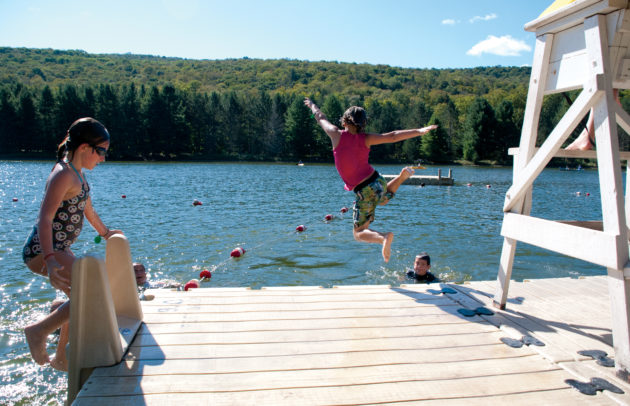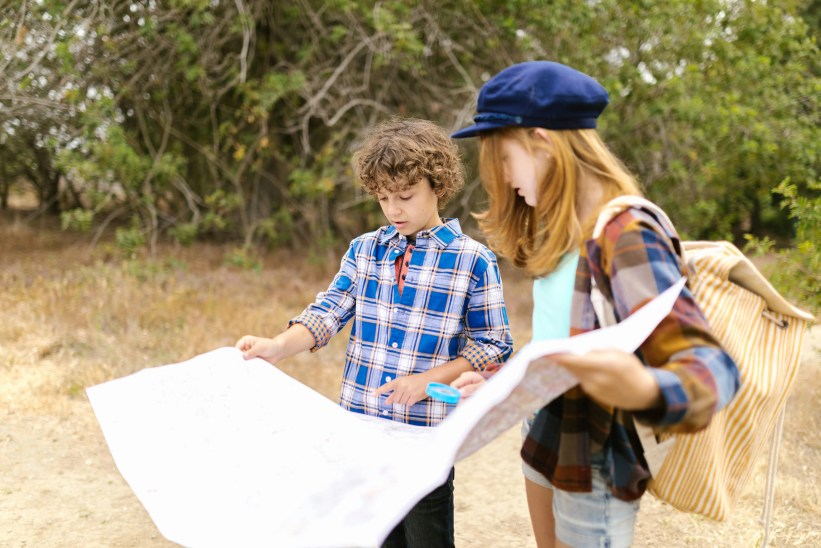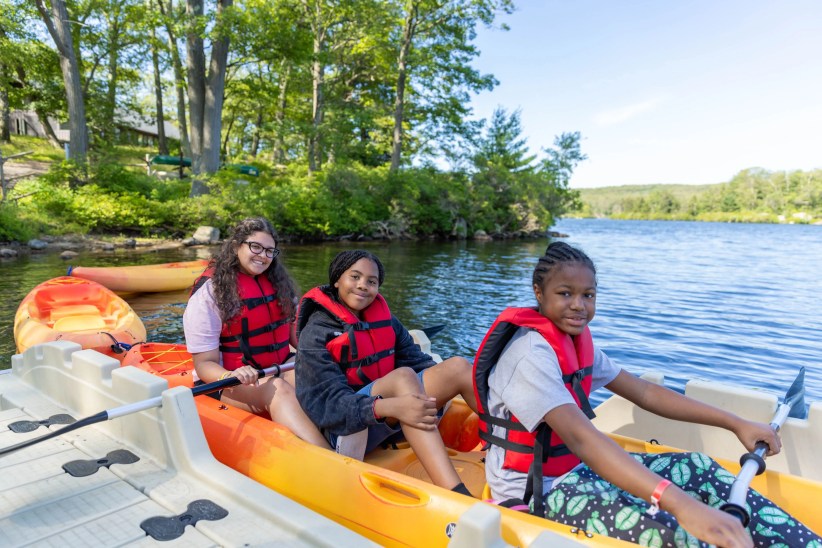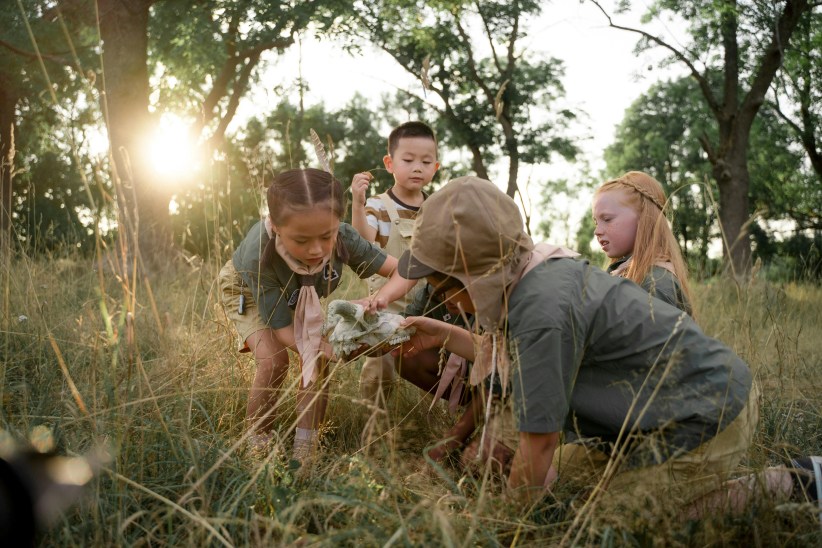
Years ago, when you went to overnight camp, your parents put you on the bus and maybe received a letter or two before driving to camp on Visiting Day, where they found out all about how camp was going. Those days are long gone. Now, parents are more involved with their child’s camp experience than ever before. From online photos to group texts among bunk parents to numerous calls to the office, parents are staying connected with their campers throughout the summer. But does being so involved help or hinder a child from thriving?
Corey Dockswell, Director of Camp Wicosuta, an all-girls four week overnight camp in Hebron, NH, says that parents should ask themselves what their goals are for their child’s camp experience. “If you want your child to develop independence, you have to give them the space to be independent. In order to do this, one of the critical pieces is to trust the adults that are acting in your place. You have to figure out what it is that you as a parent need to feel that trust and work on that relationship before the summer.”
[gravityform id=”17″ title=”false” description=”false” ajax=”true”]
Trusting the leadership team will allow parents to take a step back over the summer. Justin Mayer, Director of Timber Lake West, a co-ed four week overnight camp in Roscoe, NY, says: “I let parents know that we pride ourselves on our customer service and if something is wrong, we will certainly call to let you know.” He reminds parents of this as they search through online camp photos. “Online photos have made parents more aware of every aspect of camp but some parents look into the photos more than they should. They will wonder ‘why is my child not standing right next to her friends? Oh no, she must not be included or she doesn’t have any friends’, when in reality, it just means that is where your child was standing when the photo was taken. When parents worry, I assure them that photos are just moments in time and that they don’t accurately reflect how a child is feeling or what a situation really is.”
Sometimes parents of children in a bunk together will have a bunk group text over the summer, where parents will discuss things from what they have heard from their child to what they think of the bunk counselors. “We will sometimes get a call from a parent saying she is calling on behalf of a certain bunk. I always tell the parent that we are happy to talk to you about your own child and if anyone else wants to speak, I’m happy to talk to anyone,” Mayer says. However, he does encourage parents to get to know each other because it helps to nurture camper friendships in the off-season and helps children see each other after camp. While parents might not always be happy with a decision that was made at camp, Dockswell says: “If you have questions about specific decisions, go to the source and speak with the director. Don’t go to group texts which don’t help.”
When it comes to camp polices, it is important to respect them. “Whether that is a no package, bunk gift, or electronics rule, children need to know that their parents respect the rules so that they then respect them,” Dockswell comments. “Many camps don’t allow bunk gifts from parents because they end up working against the creation of a larger community and increases competition. Camps are good about building bunk and overall camp community, and they are intentional about the way they do it. One of special things about camp is teaching campers that what they need is really right in front of them. So many children have access to so much ‘stuff’ and at camp, we try and dispense with the stuff and help them get back to the magic of personal relationships so children can develop empathy and care about each other regardless of who has what. When we bring in bunk gifts, it takes away from a camps ability to do that.”
If you are worried about your child or just have a thought, do your best to limit your calls to the camp office. “As camp directors, we understand that it feels foreign for some parents to not know what their child is doing while at camp,” Dockswell says. “It’s why it’s important to partner and build a trusting relationship with the director. This allows parents to take a step back and give their child independence, knowing that we will reach out if there are any concerns.”




















